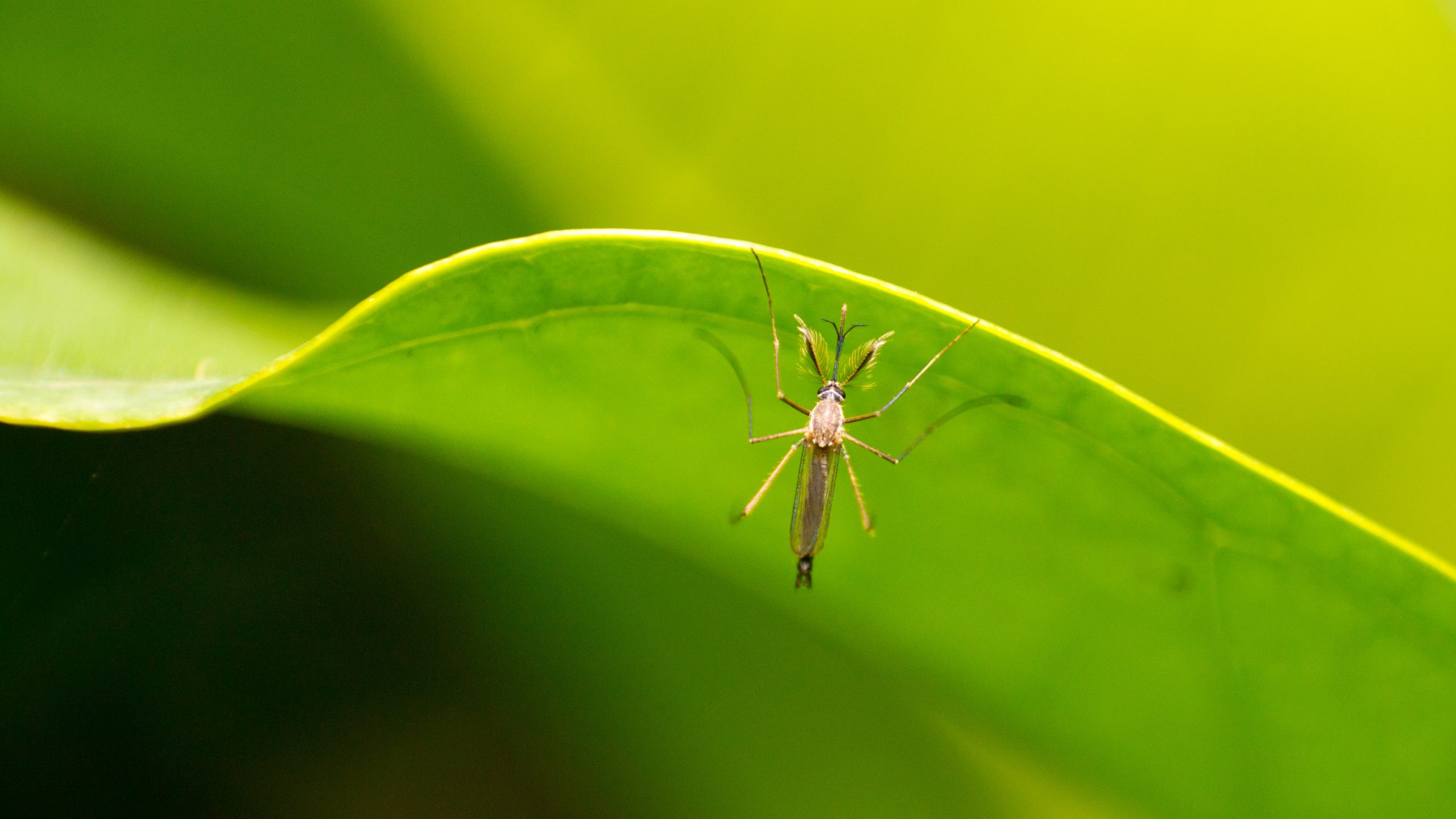Ethics expertise that enables innovation in the global fight against malaria

Malaria still kills more than 400,000 people each year — and 67 per cent are children under the age of five. In Sub-Saharan Africa, malaria infection during pregnancy is estimated to cause up to 200,000 infant deaths every year. Compounding these statistics are the pandemic lockdowns, shortages, and restrictions that have significantly hampered access to malaria diagnosis and treatments since 2020.
“The conditions are now such that you have a child dying from malaria every two minutes in Africa,” says Dr. Claudia Emerson, Director of the Institute on Ethics and Policy for Innovation (IEPI) at McMaster University. “That’s not an acceptable state of affairs.”
Emerson and her team at IEPI play a key role in the global effort to eradicate the age-old scourge of malaria. They are developing international guidelines and providing ethics expertise to inform research and development in the field of genetically modified mosquitoes, for example.
Malaria is a preventable disease, with a target date of 2040 for global eradication. But we won’t reach that goal without transformative tools, says Emerson. Drugs become less effective as pathogens develop resistance over time. Vaccines require enormous logistical and public health efforts to ensure compliance. Other tools — such as pesticides, insecticide-covered bed nets, and the spraying of DDT on indoor residential walls — come with a host of health-related and environmental challenges.
“We’ll never address the problem without innovation,” says Emerson. “We need low-cost, accessible, affordable interventions. A perfect example is gene drive technology.”
Harnessing a naturally occurring phenomenon
Gene drive is a naturally occurring phenomenon that changes an organism’s genetic code and affects which traits are passed on (or not) to future generations. Scientists have long studied how to harness gene drive technology to manage vector-borne illnesses like Lyme disease, Zika virus, dengue fever, and malaria. These diseases are all passed on via blood-feeding insects (vectors) such as ticks, fleas, and mosquitoes.
What if we were able to eliminate Anopheles gambiae, one of the roughly 40 species of malaria-transmitting mosquitoes and one of the disease’s most efficient vectors? After all, there are about 3,500 mosquito species in the world. Humans have been altering the natural world for millennia — for example, the selective breeding of crops and livestock — but the potential eradication of a species raises serious ethical concerns.
That’s where IEPI comes in. One of only a few institutions in the world working on the ethics of gene drive research, IEPI pursues an overarching mission of enabling innovation for the public good. IEPI’s interdisciplinary team is comprised of experts in philosophy, the social sciences, law, biomedical science, public health, and health policy. They examine the ethical, social, and cultural ramifications of scientific and technological innovations to ensure that potentially life-saving innovations in global health and development reach those who most need them.
A novel technology that inoculates the environment
Aaron Roberts is a PhD candidate in McMaster’s Department of Philosophy and a Graduate Research Assistant with IEPI. His doctoral thesis explores the ethical issues relating to the potential engineering of gene drive in mosquitoes for malaria elimination.
Roberts points out a key advantage of gene drive technology: “It inoculates the environment, rather than individual human bodies.” This would avoid several major challenges, such as enrolling vast numbers of citizens into vaccination campaigns.
He also emphasizes the vital importance of ensuring that new technologies like gene drive are launched in a way that promotes public trust and acceptance. Many scientifically valid and life-saving innovations — including, most recently, COVID-19 vaccines — have been hampered by distrust, misinformation, fear, and a lack of meaningful engagement and consultation with affected communities.
In fact, the ethical, social, and cultural considerations around building public trust in emerging technologies can take as much time, resources, and expertise as the science itself. “And that’s the work that IEPI is engaged in,” says Roberts.
Advancing global partnerships for the public good
To advance their efforts in support of gene drive research, IEPI members are active in many partnerships:
From July to November 2021, IEPI co-hosted a series of monthly webinars, Unsettled ethical issues in gene drive research, in collaboration with the Gene Drive Research Forum, GeneConvene Global Collaborative, and the Foundation for the National Institutes of Health (FNIH). IEPI members Dr. Matthew Grellette, Aaron Roberts, and Rafiq Elias have taken part.
IEPI is an inaugural member of the Outreach Network for Gene Drive Research, a global network of researchers and organizations working to promote gene drive research for the public good. Emerson is a member of the steering committee and Roberts was a member of the working group that authored the Network’s Mission and Principles Statement.
IEPI will take part in COP-15 (Fifteenth meeting of the Conference of the Parties to the Convention on Biological Diversity) in Kunming, China, taking place October 11 to 15, 2021, and April 25 to May 8, 2022.
IEPI members have contributed to seminal publications relating to the ethics of gene drive research:
- Guidance framework for testing of genetically modified mosquitoes, second edition, published by WHO, May 19, 2021
- Proceedings of an expert workshop on community agreement for gene drive research in Africa…, published by Gates Open Research, Jan. 29, 2021
- Principles for Gene Drive Research, published in Science, Dec. 1, 2017
